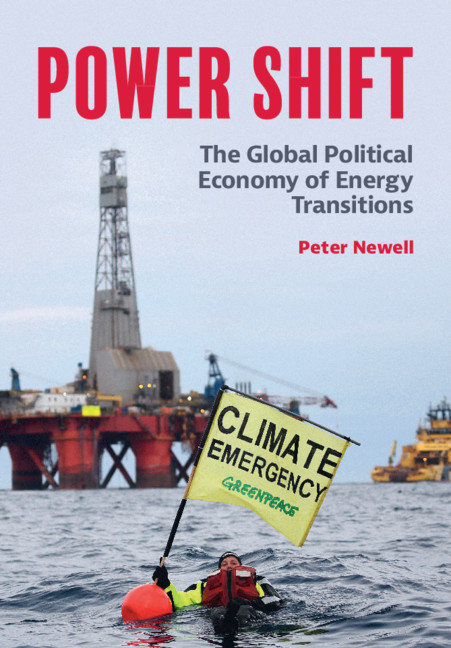Changing Our Ways
In this Element, the authors develop an account of the role of behaviour change that is more political and social by bringing questions of power and social justice to the heart of their enquiry in order to appreciate how questions of responsibility and agency are unevenly distributed within and between societies. The result is a more holistic understanding of behaviour, as just one node within an ecosystem of transformation that bridges the individual and systemic. Their account is more attentive to questions of governance and the processes of collective steering necessary to facilitate large scale change across a diversity of actors, sectors and regions than the dominant emphasis on individuals and households. It is also more historical in its approach, looking critically at the relevance of historical parallels regarding large-scale behaviour change and what might be learned and applied to the contemporary context action.
Product details
March 2022Paperback
9781009108492
75 pages
228 × 151 × 7 mm
0.174kg
Available
Table of Contents
- 1. Introduction: Changing our ways
- 2. The challenge of scaling
- 3. Understanding behaviour change
- 4. Leverage and tipping points
- 5. Future intervention points
- 6. Conclusion.









